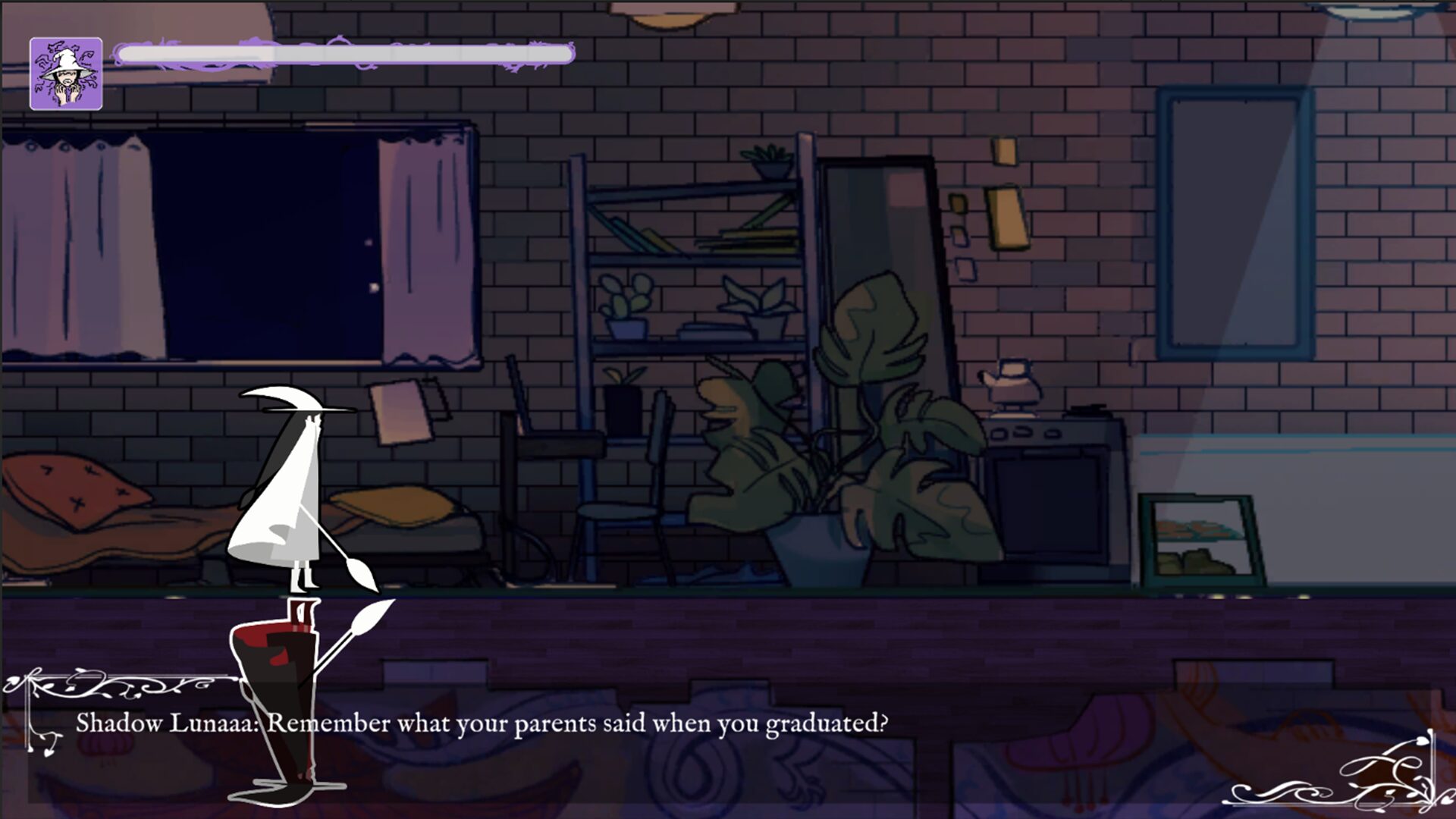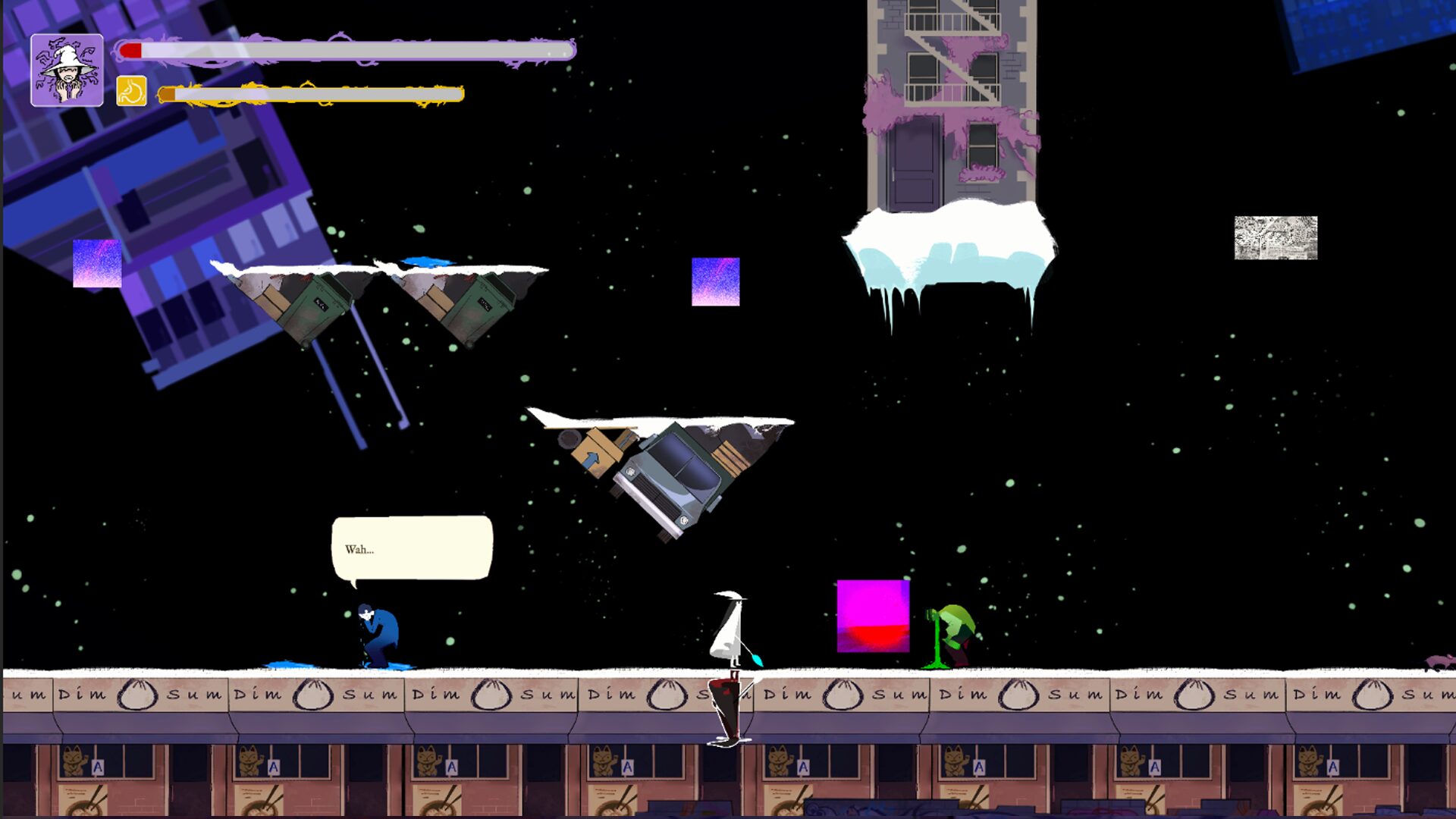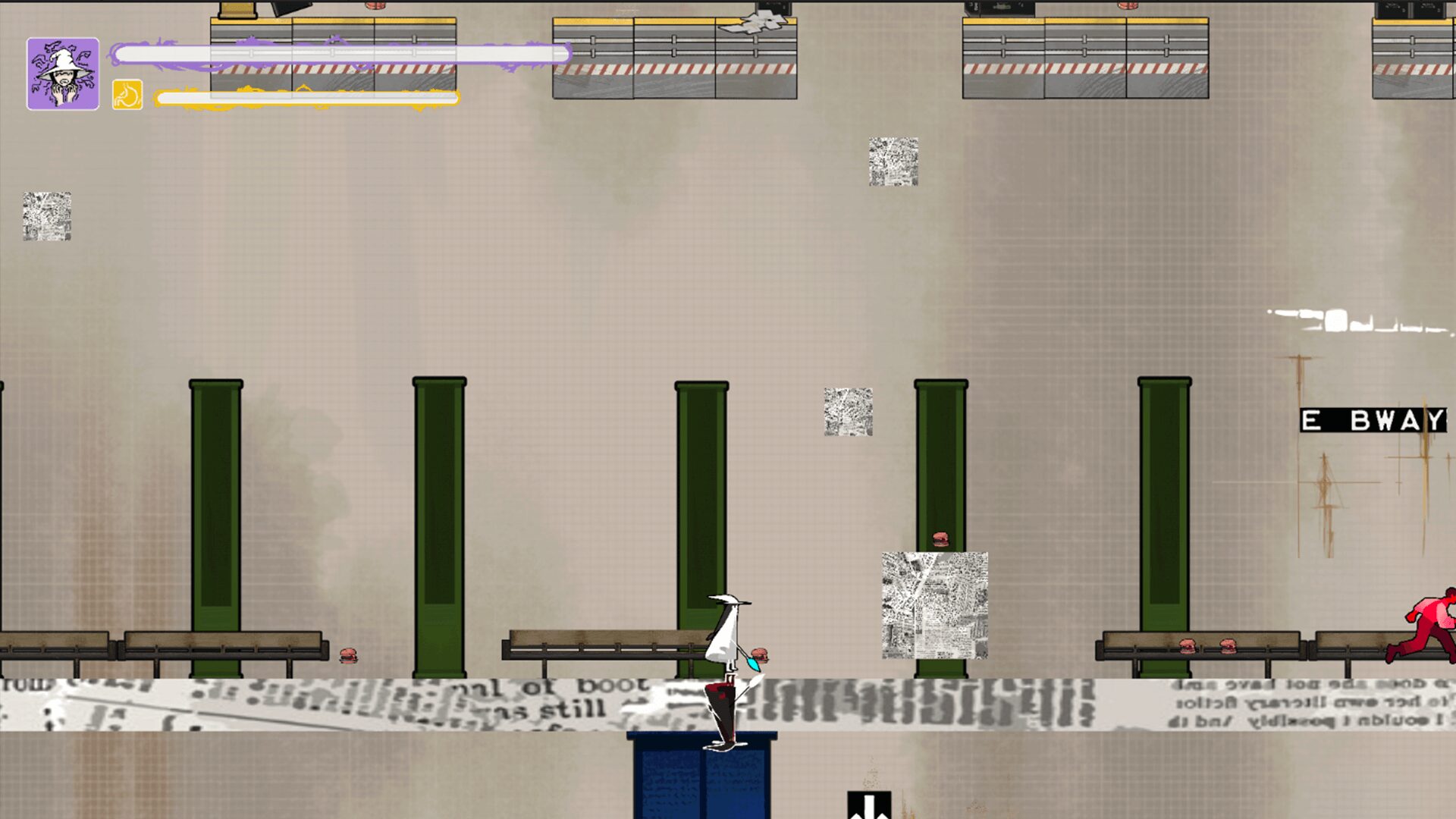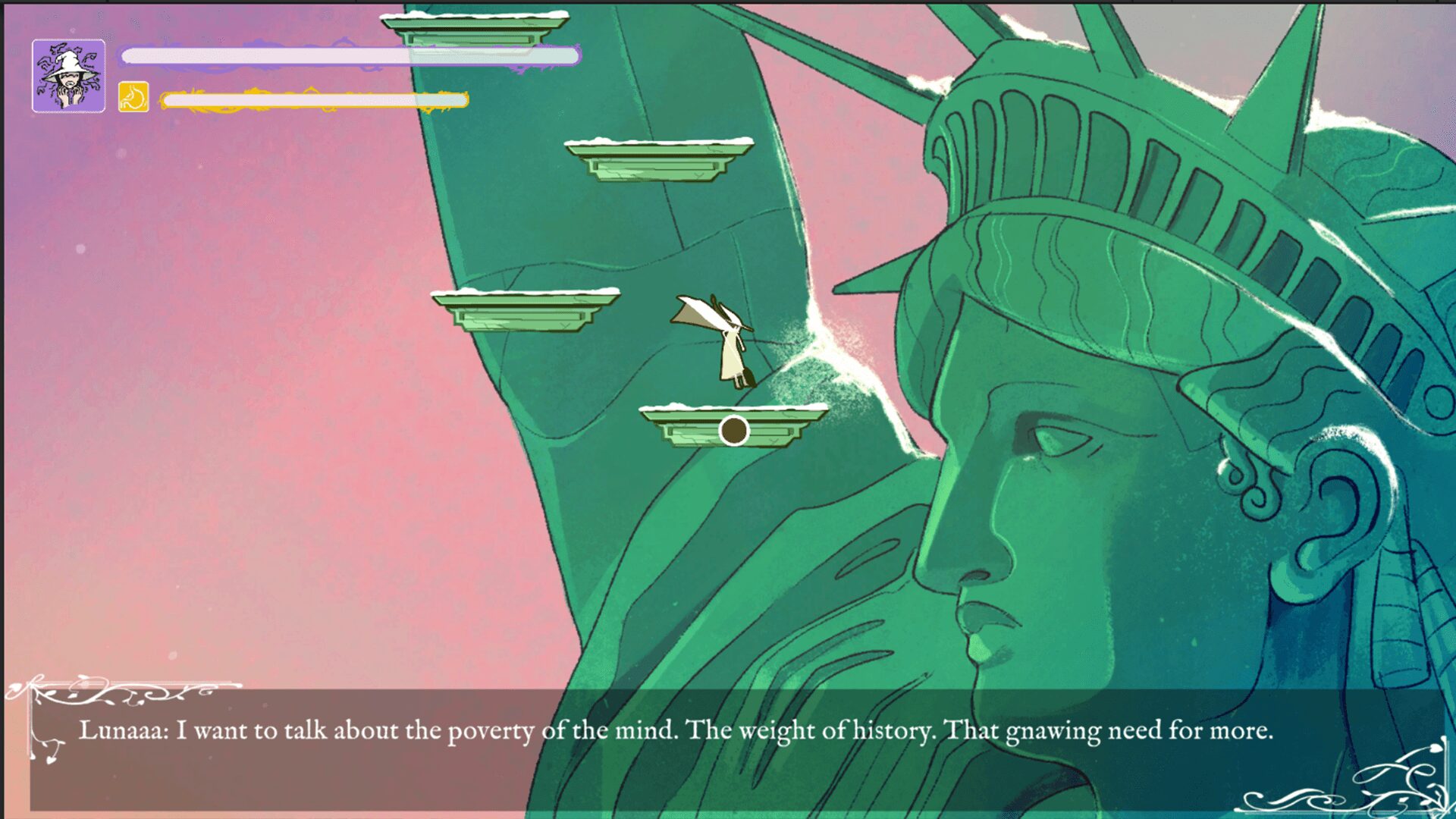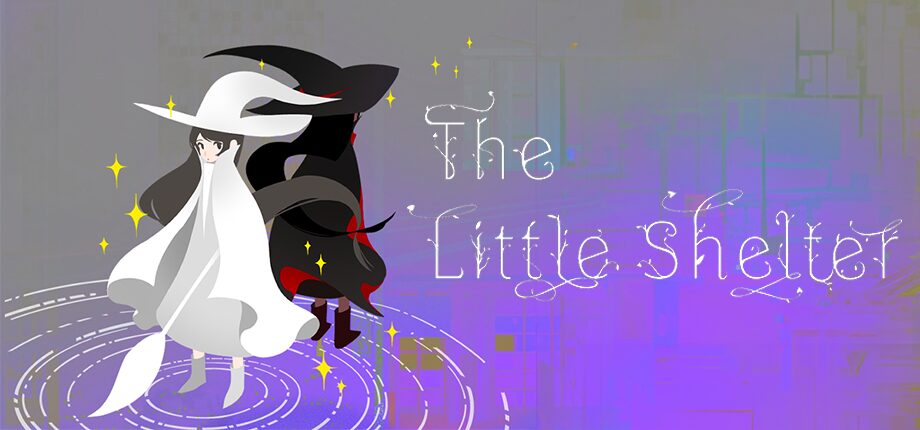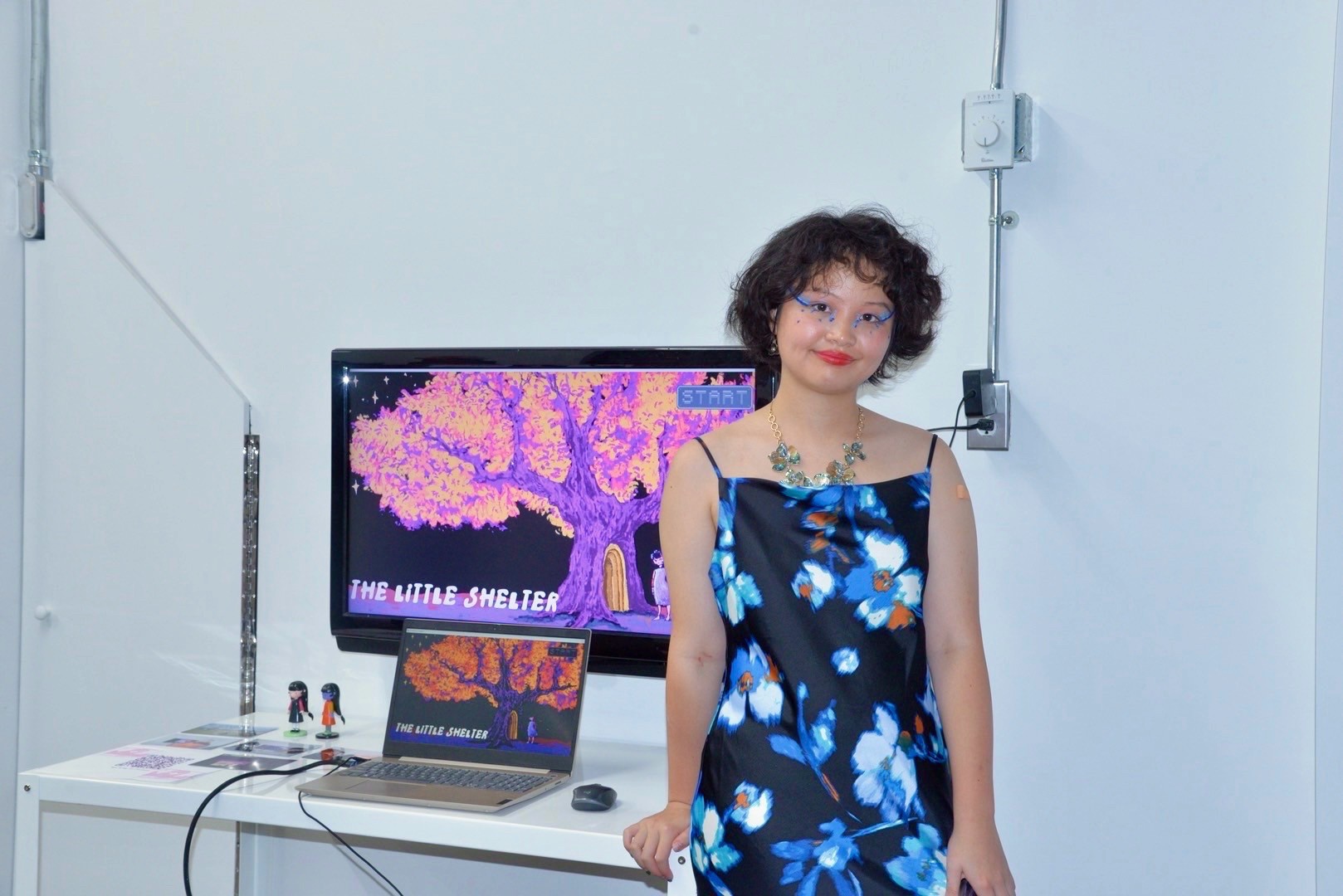

Today we’d like to introduce you to Mingyue Chen
Hi Mingyue, please kick things off for us with an introduction to yourself and your story.
I’m Mingyue (Luna) Chen — a game designer, UX designer, and interdisciplinary artist based in Los Angeles. My creative voice was shaped by contradiction: logic and imagination, tradition and rebellion. From a young age, I turned to creation not just for beauty, but to give form to emotion — building imaginary systems and interactive experiences before I even knew the language of design.
As my practice evolved, I found my home in game design, where art, storytelling, and systems thinking converge. Games became my medium to express the inexpressible — identity, grief, migration, and the search for belonging.
In 2023, I founded Lunaaa.Studio, an independent game studio focused on narrative-driven, emotionally resonant experiences. Our flagship title, The Little Shelter, reflects my own journey through displacement and healing. The game has been showcased internationally — from New York to Shanghai — and featured in outlets like Vogue China, China Daily, and Marie Claire.
My design philosophy is rooted in empathy. Whether I’m creating a game interface, directing a multi-disciplinary team, or mapping a user journey, I approach every project with clarity, care, and intention. To me, design is not about perfection — it’s about resonance.
Over the years, my work has appeared in exhibitions and festivals across Amsterdam, Berlin, Milan, Guangzhou, New York, and Los Angeles. My projects explore themes of identity, diaspora, and emotional resilience — offering interactive experiences that feel both intimate and universal.
I believe that in a chaotic world, tenderness is radical. Through games and design, I seek to build soft, immersive spaces — places of reflection, imagination, and transformation.
I’m sure it wasn’t obstacle-free, but would you say the journey has been fairly smooth so far?
As an independent game creator and founder of Lunaaa Studio, I’ve discovered how lonely this journey can sometimes be. Game development is usually a collaborative endeavor, but striking out on my own meant that for long stretches I was working in isolation — wearing every hat from designer to programmer, often late into the night. Bringing my deeply personal vision to life through a narrative-driven project like The Little Shelter has been thrilling, but it also comes with moments of profound solitude and self-doubt. In those quiet, challenging moments, I feel the weight of every decision resting on my shoulders, and I’m reminded of the emotional toll that can accompany such a solitary creative path. Yet that very loneliness has also taught me the importance of reaching outward for support and collaboration. I’ve learned to balance my fiercely personal vision with the fresh perspectives and skills that collaborators and mentors bring to the table. Reaching out for help — whether it’s brainstorming with a fellow developer, collaborating with an artist, or getting honest feedback from playtesters — requires vulnerability, but it’s essential to the process. Each time I invite someone into my creative process, I risk a piece of that solitude but gain new inspiration and a much-needed sense of community. It’s a delicate push-and-pull between safeguarding my own artistic voice and embracing the communal nature of game making — a tension that is challenging, but ultimately it strengthens both the project and me as a creator.
Can you tell our readers more about what you do and what you think sets you apart from others?
My most recognized work to date is The Little Shelter, a narrative-driven 2D platform adventure that follows Lunaaa, a young Asian woman navigating the overwhelming chaos of New York City. Caught between urban reality and surreal dreamscapes, the player journeys through her emotional landscape — one shaped by anxiety, hope, loss, and resilience. I directed the game from concept to execution, collaborating with an international team of writers, illustrators, composers, and developers. Together, we crafted a world that is both deeply personal and widely relatable.
What sets The Little Shelter apart — and what I am most proud of — is its emotional honesty and mechanical depth. We designed an “anxiety system” that reflects the protagonist’s shifting mental state, affecting how she moves, sees, and interacts with the environment. Each level is inspired by a surreal version of New York City, hand-drawn and animated to reflect her inner turmoil and healing. The gameplay blends puzzle-solving and platforming with narrative choices that mirror real-life uncertainty.
I believe my work stands out because I approach game development as an artistic and emotional practice. My background in fine art and UX design allows me to shape experiences that are both visually poetic and intuitively engaging. Rather than chasing trends or mass-market appeal, I focus on crafting intimate digital experiences that help players feel understood.
In a world full of noise, I strive to create moments of stillness — interactive stories that act as emotional sanctuaries. For anyone who has ever felt lost, overwhelmed, or in search of belonging, The Little Shelter is a quiet reminder that you’re not alone — and that softness, even in chaos, is a strength.
Check Out The Little Shelter Steam Page: https://store.steampowered.com/app/3583320/The_Little_Shelter/
We’re always looking for the lessons that can be learned in any situation, including tragic ones like the Covid-19 crisis. Are there any lessons you’ve learned that you can share?
The COVID-19 crisis was a turning point in both my personal and professional life. As the world slowed down and physical distances widened, I was forced to confront a kind of stillness I had long avoided — one that revealed how much of my creative energy came from emotional intensity, movement, and connection. The isolation, at first, was disorienting. But it became a space where I could begin to listen more deeply to myself.
It was during this time that I truly realized the power of intimate storytelling and digital connection. I started experimenting with small interactive works that captured fragments of memory, longing, and vulnerability. These weren’t massive productions — they were quiet, deeply emotional digital spaces — and yet they resonated with others in ways I hadn’t expected. People from different parts of the world reached out to say, “this felt like me.”
The crisis reminded me that art doesn’t need to be big to be meaningful — it just needs to be honest. It also deepened my understanding of why I create: not just to express myself, but to help others feel seen, even in the loneliest of times. The pandemic taught me how to work with uncertainty, how to trust the small moments, and how to build emotional bridges through screens — something that now lies at the heart of my game design practice.
Contact Info:
- Website: https://lunaaa.studio/
- Instagram: https://www.instagram.com/lunaaa.avatar/
- LinkedIn: https://www.linkedin.com/in/mingyuechen1214/
